I’m excited to dive into the world of implants that push the boundaries of human capabilities. These technological marvels are redefining what it means to be human by enhancing our natural abilities. From boosting our sensory perceptions to improving physical performance, these implants are truly game-changing.
Enhanced Vision Implants
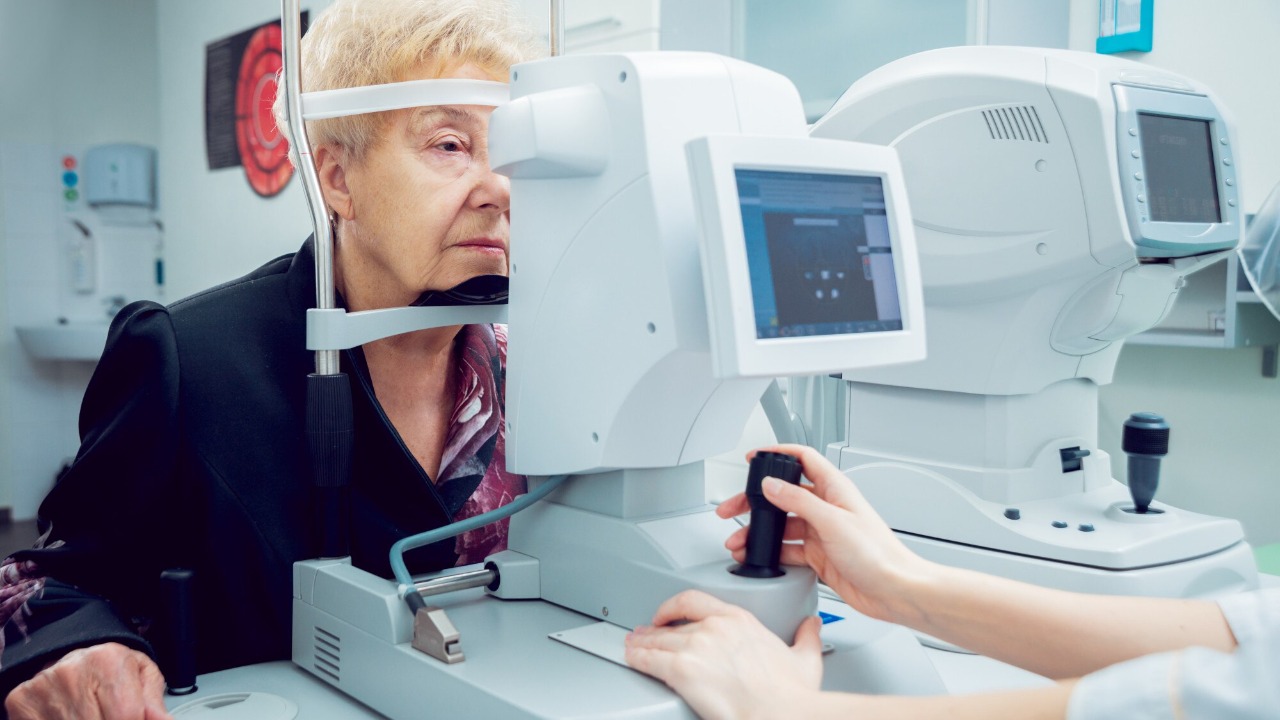
Enhanced vision implants are revolutionizing how we see the world. Devices like the Argus II Retinal Prosthesis System have been designed to help those with severe vision loss. This implant converts video images captured by a camera on a pair of glasses into electric impulses, which are then transmitted to the brain to create visual perceptions. The future of eye implants may include the ability to see beyond the visible spectrum, potentially giving users night vision capabilities.
Researchers are also exploring bioengineered corneal implants that could eliminate the need for glasses or contact lenses. With ongoing advancements, the prospect of superhuman sight is closer than ever before.
Neural Interface Implants
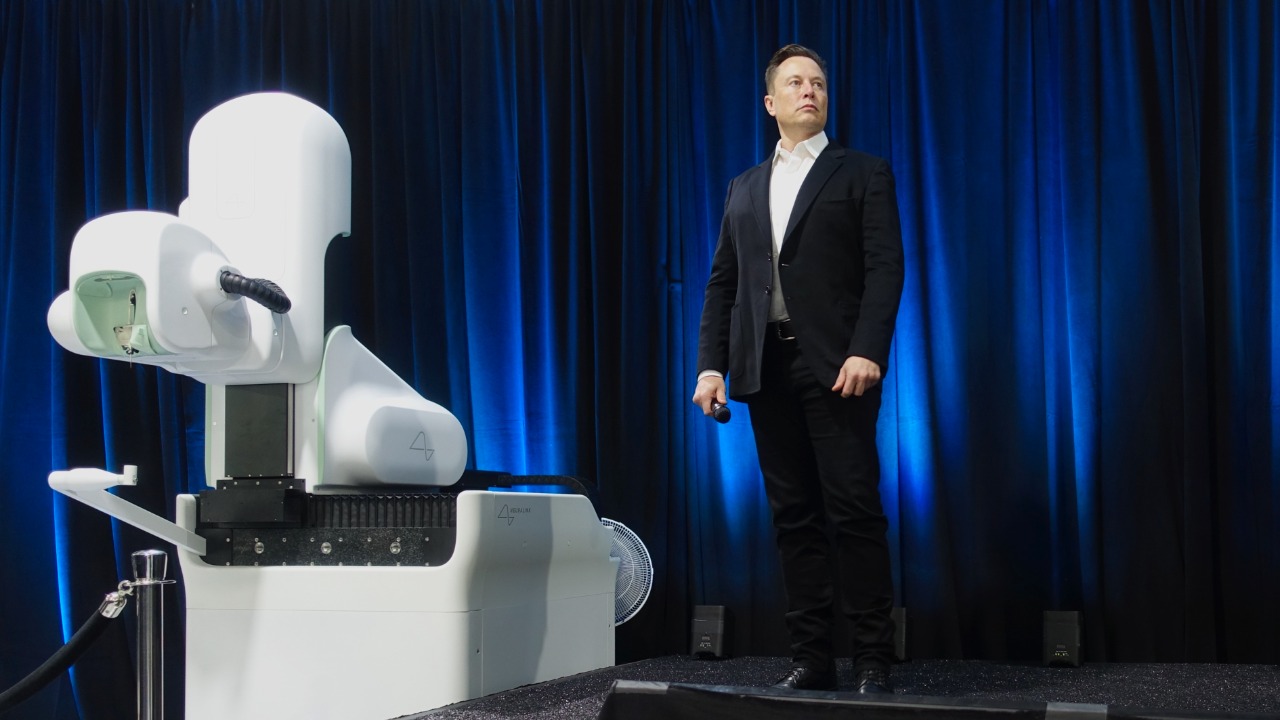
Neural interface implants are at the forefront of merging human consciousness with technology. Companies like Neuralink are developing brain-computer interfaces that can potentially transmit thoughts to computers. These implants could be revolutionary for individuals with paralysis, allowing them to control devices using only their thoughts.
Beyond medical applications, these interfaces could enhance cognitive capabilities and memory, leading to a future where humans can upload and download knowledge directly to and from their brains.
Auditory Augmentation Implants
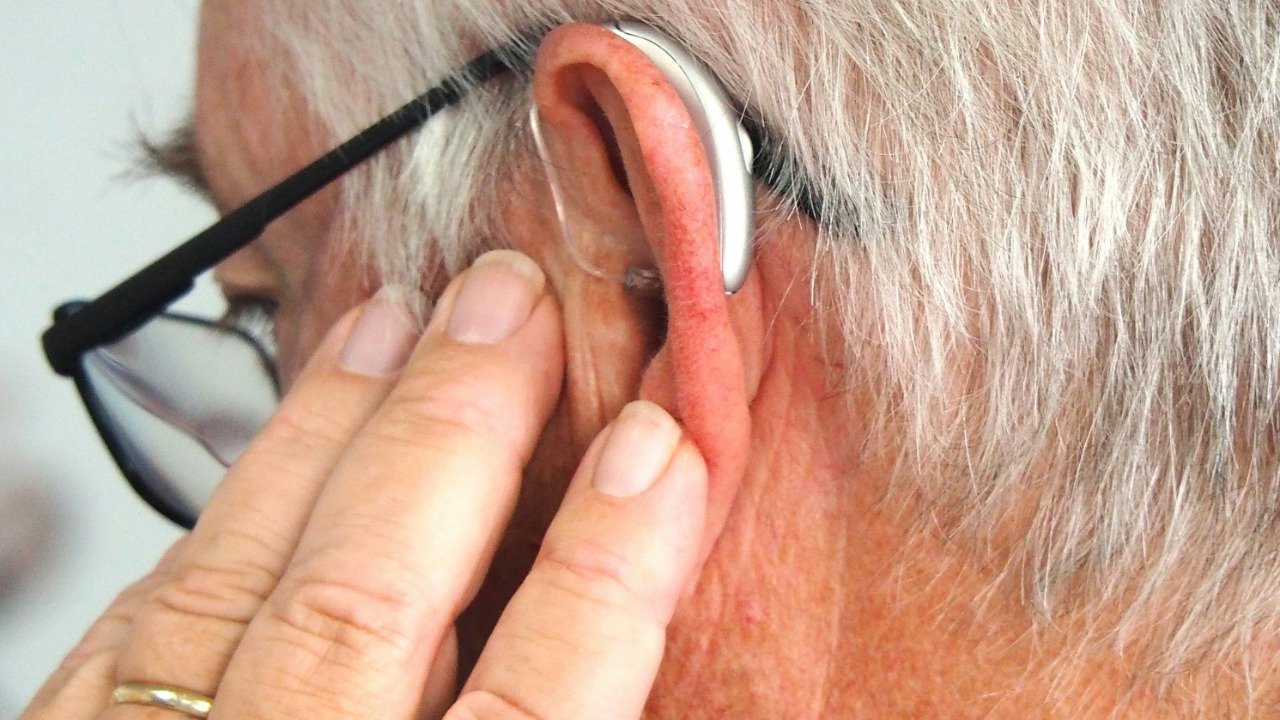
Auditory implants, such as the cochlear implant, have been life-changing for those with hearing loss. These devices bypass damaged portions of the ear and directly stimulate the auditory nerve, allowing users to hear. The future of auditory implants may include enhancements that enable hearing beyond the normal human range, allowing for the detection of ultra or infrasonic frequencies.
Such advancements could greatly benefit those in professions where acute hearing is crucial, like musicians and sound engineers, offering them a whole new way to experience and create sound.
Advanced Prosthetic Limbs
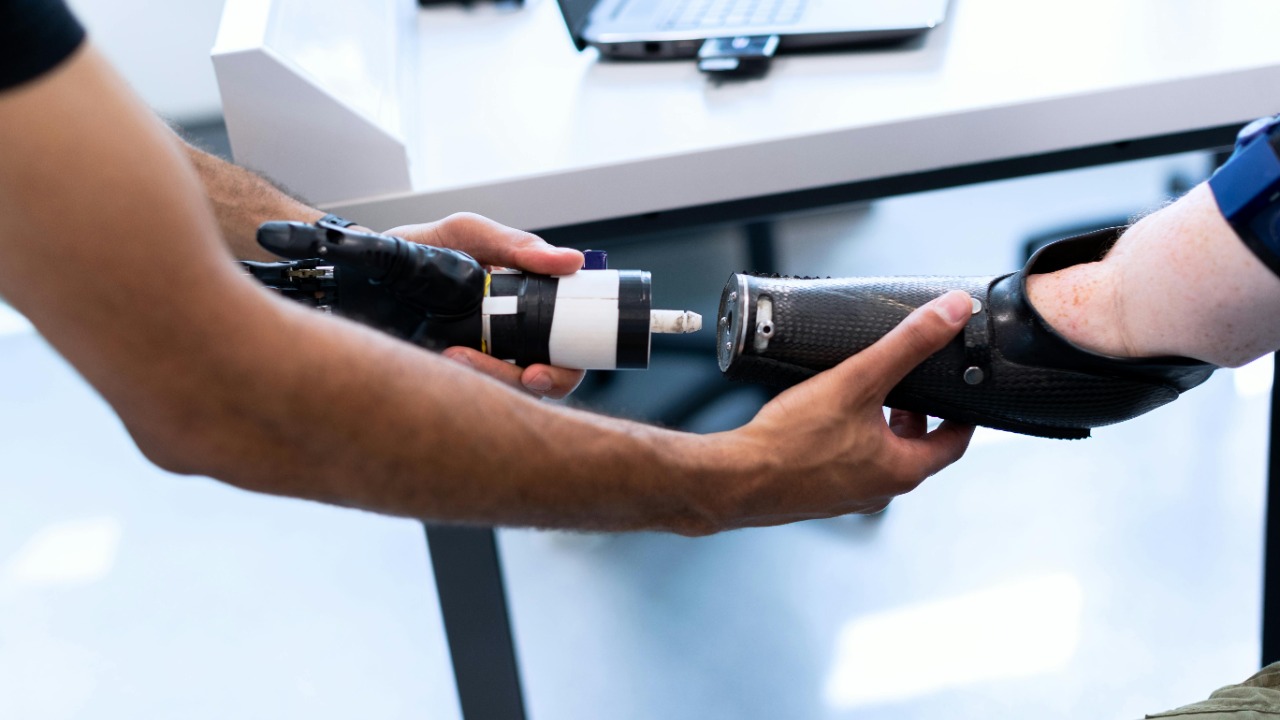
Advanced prosthetic limbs are breaking barriers by closely mimicking natural limb function. Modern prosthetics, like the DEKA Arm System, offer users the ability to perform intricate tasks with precision. These limbs are often equipped with sensors that provide feedback to the user, creating a more natural experience.
The integration of AI technology into prosthetics is paving the way for future enhancements, potentially allowing users to control their prosthetics with thought alone, much like a natural limb.
Memory Enhancement Chips

Memory enhancement chips are a fascinating development in cognitive augmentation. These implants aim to improve memory retention and recall abilities. Researchers are experimenting with devices that can help people with memory disorders, such as Alzheimer’s disease, by stimulating the brain’s hippocampus to enhance memory function.
In the future, these chips could be used by healthy individuals to boost memory capabilities, offering the potential to upload and store vast amounts of information directly in the brain.
Cardiovascular Performance Implants

Cardiovascular implants are designed to enhance heart and circulatory system performance. Devices like pacemakers and defibrillators help manage heart rhythms and prevent life-threatening cardiac events. The development of advanced implants aims to improve heart efficiency, benefiting athletes and patients with heart conditions alike.
Future implants may include sensors that continuously monitor heart health, sending real-time data to healthcare providers to preemptively address potential issues.
Immune System Boosters

Immune system implants are being developed to bolster the body’s natural defenses against pathogens. These implants could provide real-time monitoring of the body’s immune response and enhance its ability to fight off diseases. Such technology could be transformative for individuals with compromised immune systems.
By integrating biotechnology, these implants might one day provide temporary immunity to specific viruses or bacteria, offering a new layer of protection against infectious diseases.
Metabolic Regulators

Metabolic regulators are implants designed to optimize the body’s metabolic processes. These devices can help manage chronic conditions such as diabetes by monitoring and adjusting insulin levels in real-time. Beyond managing diseases, metabolic regulators could enhance physical performance by optimizing energy use and efficiency.
Research is ongoing to develop more advanced versions that could potentially aid in weight management or enhance athletic performance by fine-tuning metabolic rates.
Pain Management Implants
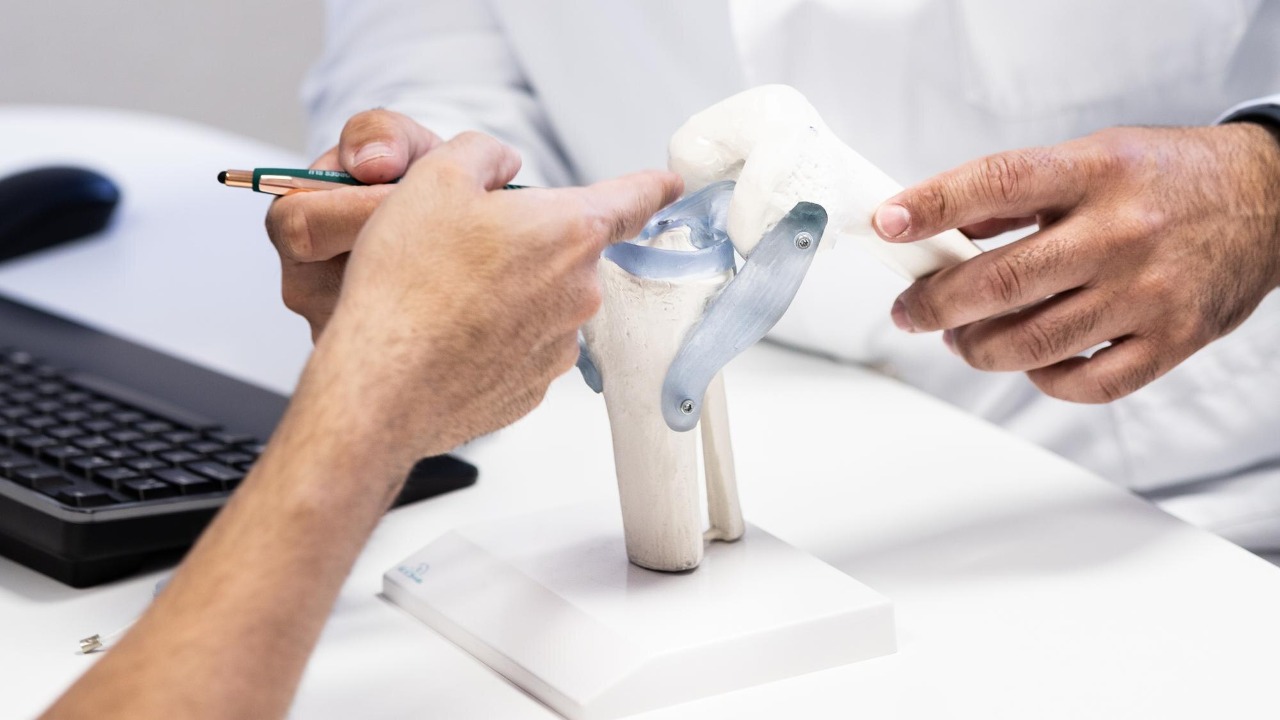
Pain management implants offer a new frontier in chronic pain treatment. Devices like spinal cord stimulators deliver electrical impulses to the nervous system to block pain signals before they reach the brain. These implants provide an alternative to opioid medications, reducing the risk of addiction.
With advancements in technology, future implants may offer personalized pain management solutions, adjusting their output based on the user’s specific needs and feedback.